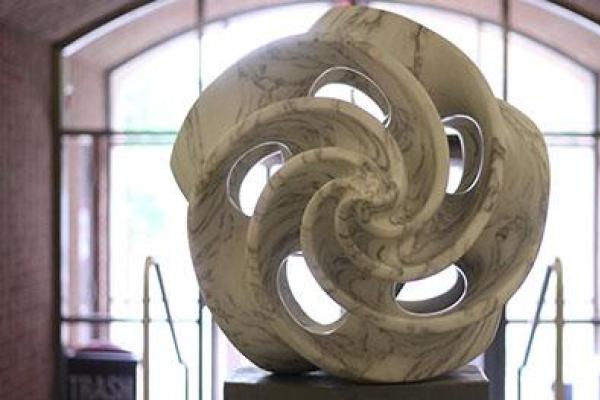
Title: Algebraic Stability and Rational Maps on a Surface
Speaker: Richard Birkett (University of Illinois, Chicago)
Speaker's URL: https://birkettmaths.com
Abstract: A rational map on a (compact) complex curve is always holomorphic. In two dimensions or more, it is almost certain that the map has ‘indeterminate points’ where the map is not continuous. Nevertheless, it still makes sense to iterate rational maps, even though the behaviour of orbits near such singularities is more difficult to understand. Algebraic stability is a desirable property which embodies certain concepts that we take for granted with continuous functions. It turns out that sometimes we can arrange for a rational map to be algebraically stable by modifying the space it acts on. Can we always do this? If so then how?
I will begin the talk by providing some background for rational maps on a complex surface and then I will discuss some recent progress regarding the above questions. If time permits, I will expand on a fruitful transformation from the surface context to a non-Archimedean (Berkovich) space.
